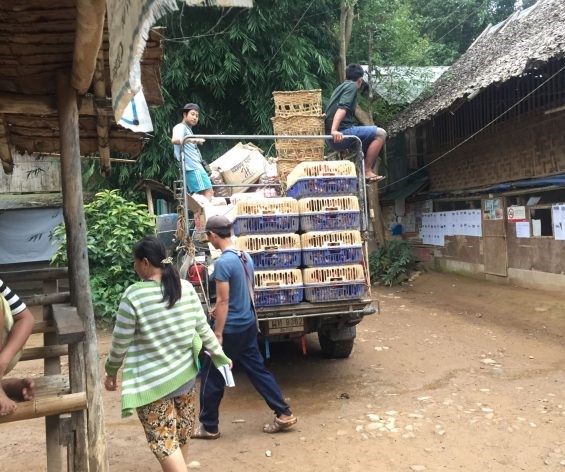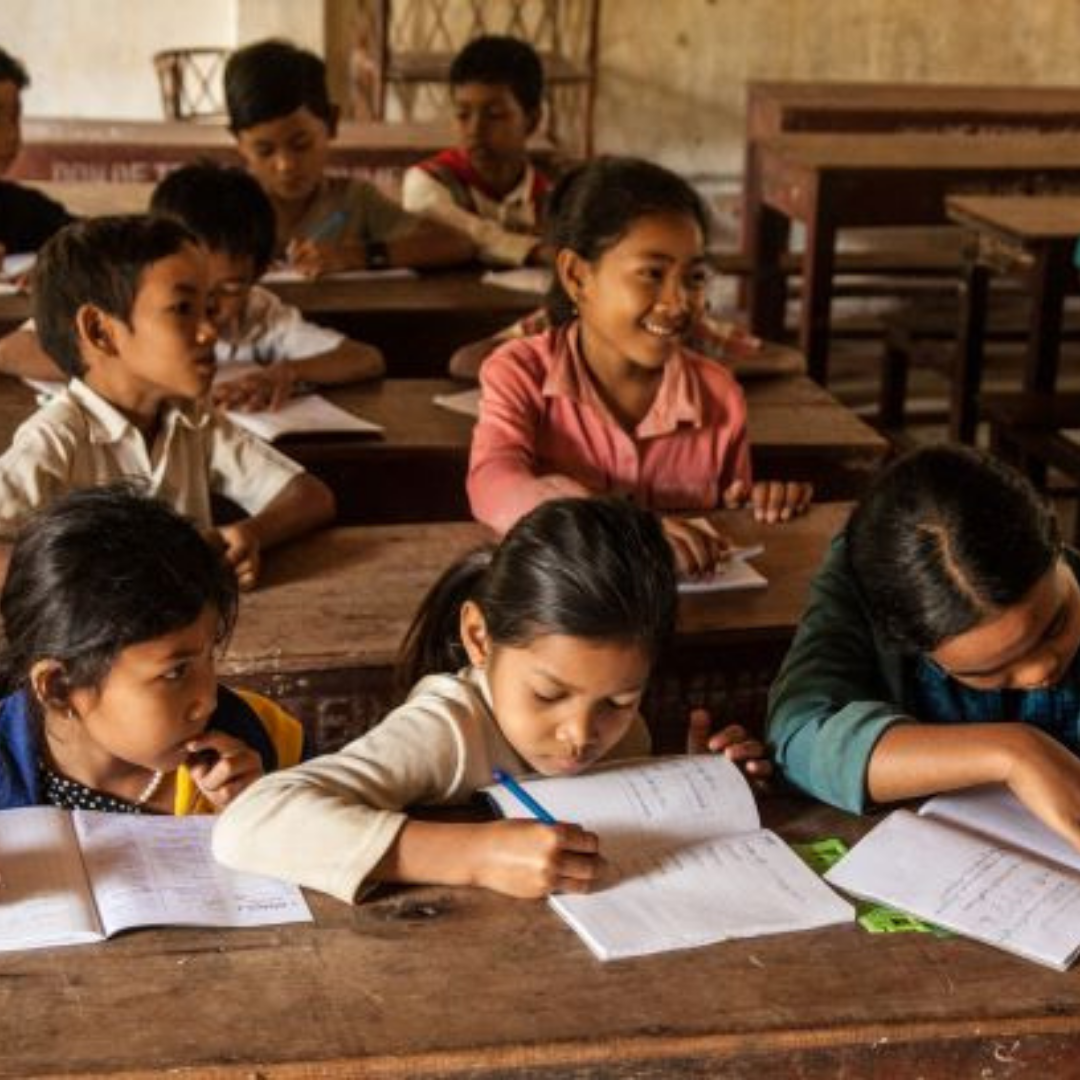Children of the Mekong on the ground – Schoolchildren and refugees in Bangkok hell
Refugees in Vietnam

According to the United Nations High Commission for Refugees (UNHCR), Thailand is home to more than 5,000 urban refugees and asylum seekers from more than 40 countries, 97,000 Burmese refugees near the Myanmar border and 479,000 stateless persons registered by the Royal Thai Government.
In Bangkok, the majority of urban refugees come from Pakistan, Cambodia, Laos and Vietnam. Thailand is not committed to the 1951 Convention relating to the Status of Refugees, so there is no requirement to recognize the rights of or provide any form of aid to refugees. Even once refugee status is obtained, if they don’t have a visa, urban refugees are considered illegal immigrants in Thailand, ghosts within society, making them vulnerable.
THE ILLEGAL LIVES OF ASYLUM SEEKERS
Children of the Mekong is a children’s charity which supports the Catholic Office for Emergency Relief and Refugees (COERR) and the Bangkok Refugee Center (BRC) to aid families seeking asylum in the capital. To date, the program comprises 36 students whose asylum application is either in progress or has been refused. In conjunction with the support provided by the BRC, Children of the Mekong focuses their financial aid on the children’s education.
Saehai is 13 years old. She came to Thailand six years ago with her parents, her little sister Tiswa (11) and her little brother Siphon (7). Originally from Đà Lạt in Vietnam, they are members of the Hmong ethnic minority group and fled government repression and persecution because of their ethnicity and Christian faith. Having arrived legally in Thailand, their residence permit has now long since expired.
The family rents a two-room apartment in an area of Bangkok. The father and mother are day labourers on construction sites and in a garment factory, respectively. Without a work permit, they suffer deplorable working conditions and low wages.
“We live in constant fear of being caught by the police. It’s difficult to live like this”
Saehai confides. Recently, her father was confronted with this and had to pay a bribe to avoid being sent to a detention centre. “The authorities often make arrests in the streets and neighbourhoods where refugees and illegal immigrants tend to be found. Many don’t have the means to pay the bribe often demanded of them and are sent to overcrowded, unhygienic detention centres where living conditions are desperate”, explains Diramedhist Lueng-Ubon, the supervisor in the department of education at the BRC.
Despite these difficulties, Saehai feels more Thai than Vietnamese. Her dream is to become a chef in Canada. Saehai and her siblings are lucky enough to go to the government primary school where they are largely welcomed by the teachers, albeit less so by some of their peers.

SCHOOL FOR A BETTER FUTURE
Mayeh and his family are also Hmong Christians from Phongsaly, Laos. Mayeh was 8 years old and his two little brothers, five and three when they illegally crossed the Mekong River by boat one night.
A year after their arrival, the family were arrested, and their father was sent to a detention centre, while the rest of the family were released after lengthy negotiations and a bribe. With no visitation rights, they have had no news of him for 7 years.
Mayeh is in year 8, and his brothers are both in elementary school. School is his big motivation.
“I want to go to school for as long as possible. I want to learn because it’s the only way to get a good job and help my family to get out of this situation,”
explains Mayeh, who would like to become a doctor.
